African swine fever (ASF) is a dangerous infectious disease caused by a virus that only occurs in pigs and does not cause disease in other animals. Sick pigs can die up to 100%. The disease spreads quickly, causing great damage; the virus is highly resistant and can survive for a long time in the environment and in pig products.
The disease is transmitted directly from sick pigs to healthy pigs, infected pig products or indirectly through intermediate hosts (ticks, insects, rodents, migratory birds, etc.), means of transport, animal feed, farming tools and even human factors. Currently, there is no vaccine to prevent the disease and no specific treatment for African swine fever in the world .
The functional sector vaccinates livestock.
Be proactive in disease prevention and control
In Tay Ninh , in 2019, African swine fever occurred in 78/95 communes, wards, and towns of 9/9 districts, towns, and cities; the total number of pigs forced to be destroyed was 32,825, weighing over 1,800 tons. In 2020, ASF only occurred in 2 households/2 small outbreaks in Phuoc Vinh and Ninh Dien communes (Chau Thanh district); 15 pigs were destroyed, weighing about 1 ton.
In 2021, the disease occurred in 6 districts, towns, and cities (Tay Ninh city, Hoa Thanh town, Tan Chau, Tan Bien, Go Dau, Chau Thanh districts); the total number of pigs forced to be destroyed was over 4,700, weighing 330 tons. In 2022, the disease occurred in 4 districts and cities (Tay Ninh city, Tan Chau, Tan Bien, Chau Thanh districts); the total number of pigs forced to be destroyed was about 500, weighing 27 tons.
From 2023 to present, DTHCP disease has not occurred in the province.
According to the Vietnam Animal Disease Information System (VAHIS), from the beginning of the year to August 19, 2024, there were 888 outbreaks nationwide in 46/63 provinces and cities; forced to destroy over 59,000 pigs, 3.37 times higher than the same period in 2023. The whole country has 259 outbreaks in 88 districts of 25 provinces and cities that have not passed 21 days. Particularly in the 11 provinces of the Southeast region managed by the Veterinary Department of Region VI, there are 3 provinces with outbreaks that have not passed 21 days, including Ba Ria - Vung Tau, Dong Nai, and Tien Giang. The Ministry of Agriculture and Rural Development (MARD) assessed that the epidemic is on the rise, with a very high risk of widespread spread, which could affect food supply, consumer price index, and the environment.
In order to proactively prevent and control ASF, the People's Committee of Tay Ninh province has issued a document directing the People's Committees of districts, towns, cities and related departments, branches and sectors to focus on synchronously implementing solutions to prevent and control ASF.
According to the Department of Animal Husbandry and Veterinary Medicine (Department of Agriculture and Rural Development), the unit has implemented many solutions on information and propaganda to raise public awareness of the dangerous nature of ASF, thereby applying measures to prevent and control the disease; implementing technical solutions such as: biosafety in livestock farming, applying physical, chemical, biological and management measures to minimize and eliminate pathogens that are at risk of invading from the outside, existing, spreading inside, and spreading out of facilities and livestock areas; monitoring diseases at facilities and areas to detect, forecast, and give early warnings of risks and pathogens and promptly apply measures to prevent and control diseases.
When repopulating pigs, farmers need to ensure biosecurity requirements, including only repopulating at disease-free farms or at disease-affected farms that have been 21 days old and have not recurred; ensuring biosecurity and disease safety measures.
Organizations and individuals raising livestock must declare to the People's Committees of communes, wards and towns before re-raising and increasing herds according to the provisions of the Law on Livestock, Circular No. 23/2019/TT-BNNPTNT and Circular No. 18/2023/TT-BNNPTNT; have barns, livestock equipment, breeding animals, food, drinking water, care, feeding, veterinary hygiene and measures to manage livestock facilities according to the provisions of the law on livestock, veterinary medicine or have been certified as biosafety, disease-free, VietGAHP, GlobalGAP facilities. In addition, farmers need to periodically take samples of the environment, water, waste... to test to confirm the absence of African swine fever virus for large-scale livestock facilities.
The steps for re-raising pigs are as follows: the number of pigs raised is reasonable, suitable for the capacity of the facility to ensure that there is no recurrence of disease for at least 21 days. Every day, the facility closely monitors and supervises the number of pigs raised for at least 21 days; if necessary, take samples to detect DTHCP pathogens (the facility owner can take them himself under the supervision of veterinary staff or the facility's veterinary staff will take the samples). In case of suspected disease, the farmer must immediately report to the authorities, veterinary agencies and apply disease prevention and control measures according to regulations.
After raising the indicator for at least 21 days, if the pigs show no signs of disease or the test sample is negative for ASF (applicable to cases of taking test samples), re-raising should be carried out cautiously and 100% of the facility's breeding scale can be raised. Local authorities and veterinary agencies shall inspect and confirm the conditions for re-raising; strengthen guidance, inspection, and supervision of the breeding situation and disease prevention and control.
The Department of Animal Husbandry and Veterinary Medicine said that the unit will strengthen quarantine, control of slaughtering and trading of pigs in the province to ensure the supply of safe products to the market. For livestock facilities, it is necessary to carry out general cleaning, collection, sweeping, and clearing of weeds around the livestock area; periodically disinfect the environment with chemicals at least once a week; regularly disinfect livestock equipment and means of transport; use lime powder on roads with sufficient length so that the wheel rotation is covered with lime once a week; have disinfection pits in front of the entrance and exit gates of the facility to eliminate the transmission of pathogens, limiting the occurrence of epidemics.
Regarding vaccines, there are currently 2 types: AVAC ASF LIVE, used for pigs 4 weeks old and older; NAVET-ASFVAC, used for piglets 8-10 weeks old.
Biosafety livestock farming, building disease-free livestock facilities and areas
According to the Department of Animal Husbandry and Veterinary Medicine, disease safety at livestock farms contributes to stabilizing the disease situation and moving towards a sustainable, industrial livestock development, limiting damage caused by diseases, contributing to increasing productivity and livestock products. Building disease-free livestock farms and areas is very important, not only to control diseases, develop livestock farming to have enough animal products for consumption, and provide safe products for the market - especially for the chains linking from livestock farming, slaughtering to processing and consuming products.
According to the requirements of the World Organization for Animal Health, one of the prerequisites for exporting meat to markets is to build disease-free livestock facilities and areas. Therefore, it can be seen that building disease-free facilities and areas is very necessary, first of all in the context of complicated developments of ASF, and in the long term, to move towards sustainable livestock farming.
Up to now, the whole province has 2 districts, Duong Minh Chau and Tan Chau, certified as disease-free zones for avian influenza and Newcastle disease in chickens; 71 chicken, pig and cow farms have been granted disease-free certificates (50 chicken farms, 20 pig farms, 1 cow farm). In addition, 6 communes in Go Dau district have been certified as disease-free zones for avian influenza and Newcastle disease in chickens, 9 communes in Ben Cau district have been certified as disease-free zones for foot-and-mouth disease in cows.
According to the Department of Animal Husbandry and Veterinary Medicine, African swine fever is still complicated, significantly affecting the supply of pork. Meat imports are aimed at meeting demand, providing more choices for consumers, but creating more competitive pressure for businesses and livestock households. Therefore, the optimal solution is to develop comprehensive and sustainable livestock farming along the value chain, increase added value, raise livestock with biosafety, disease safety, food safety, and environmental friendliness, meeting domestic and export market demand.
Truc Ly
Source: https://baotayninh.vn/cac-bien-phap-phong-chong-benh-dich-ta-heo-chau-phi-a177677.html


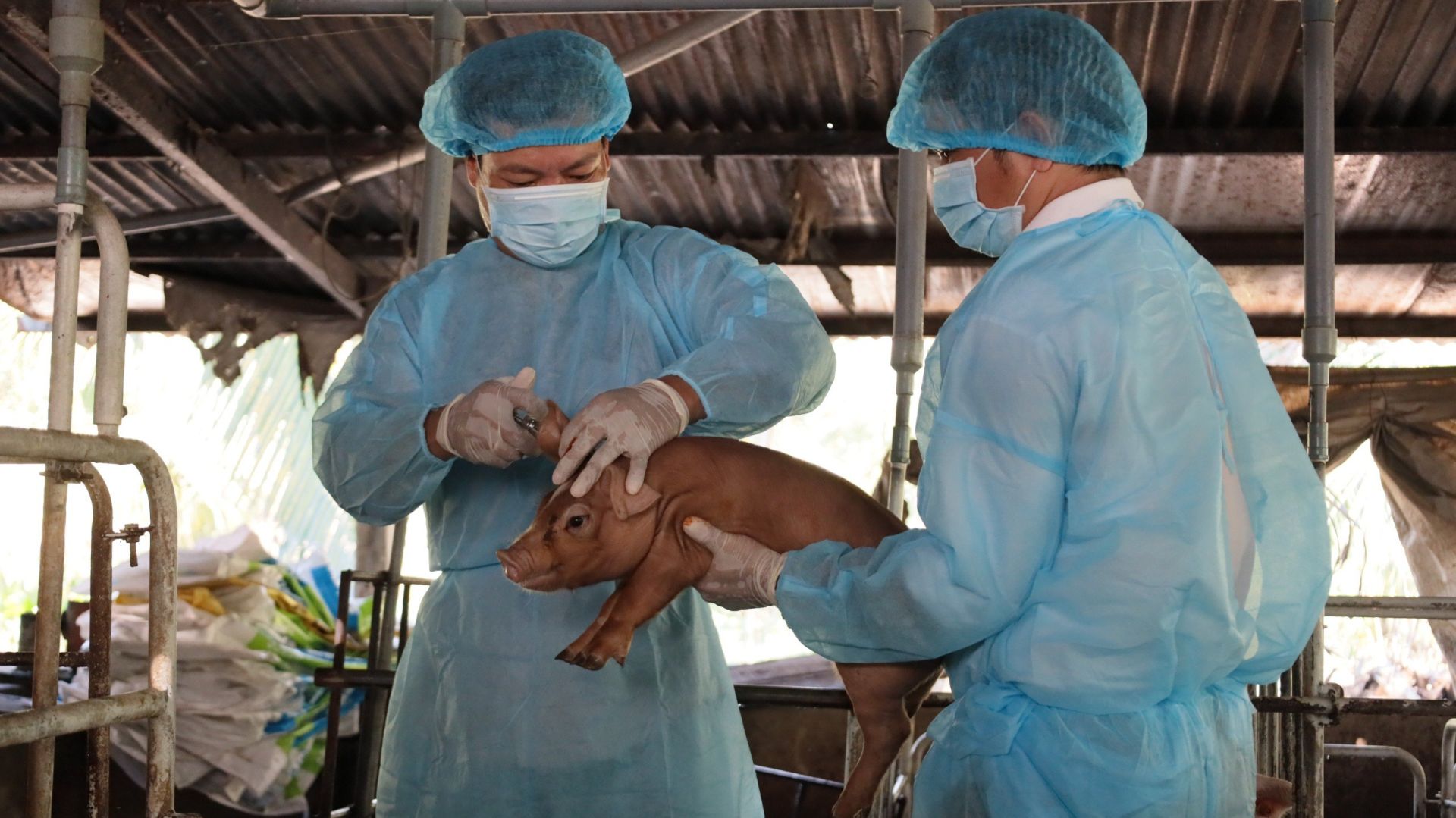


![[Photo] Prime Minister Pham Minh Chinh chairs the national online conference on combating smuggling, production and trade of counterfeit goods.](https://vphoto.vietnam.vn/thumb/1200x675/vietnam/resource/IMAGE/2025/6/23/4a682a11bb5c47d5ba84d8c5037df029)

![[Photo] Prime Minister Pham Minh Chinh holds meeting to launch exhibition of national achievements to celebrate 80th National Day](https://vphoto.vietnam.vn/thumb/1200x675/vietnam/resource/IMAGE/2025/6/23/0c0c37481bc64a9ab31b887dcff81e40)

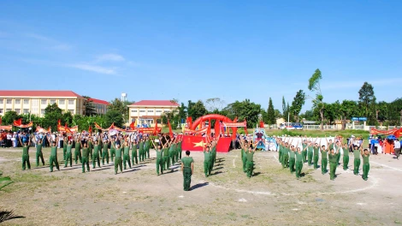


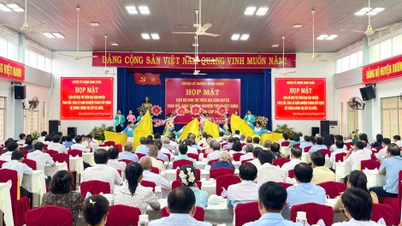
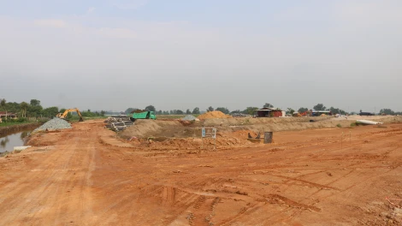

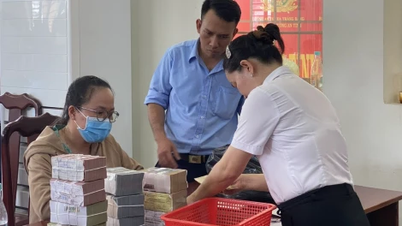










![[Photo] Party Congress of the Central Internal Affairs Commission for the 2025-2030 term](https://vphoto.vietnam.vn/thumb/1200x675/vietnam/resource/IMAGE/2025/6/23/5bf03821e6dd461d9ba2fd0c9a08037b)













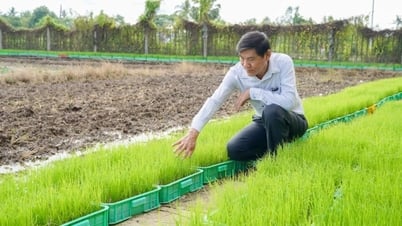

























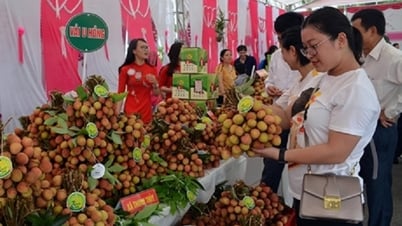































Comment (0)